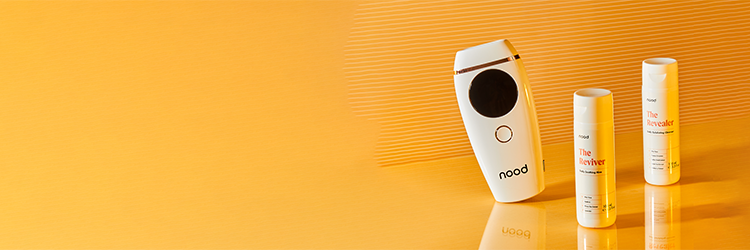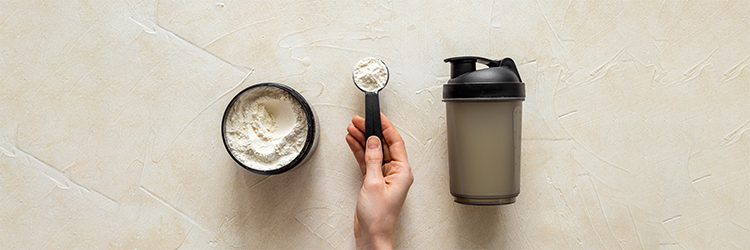
EveryPlate is a meal delivery service that describes itself as “America’s Best Value Meal Kit.” Consumers get to choose the meals they want to make, and then the ingredients are shipped to their door along with a recipe to cook them.
But is EveryPlate healthy, or does it contain unhealthy ingredients? Is it really cheaper than other meal delivery kits? Are meal kits bad for the environment? And how do real users rate and describe the taste and health effects of EveryPlate meals?
In this article we’ll answer all of these questions and more, as we analyze the ingredients in two sample EveryPlate meals to give our take on whether or not they’re healthy.
We’ll also feature real EveryPlate customer reviews, discuss the environmental effects of meal delivery services, and provide a cost comparison to see if EveryPlate is really cheaper than its competitors on a per-meal basis.
Is EveryPlate Healthy?

The ingredients in EveryPlate’s Creamy Corn & Bacon Chowder are shown above.
While these are whole food ingredients, there are some issues we take from a health perspective.
Bacon is a processed red meat, and processed meat consumption was shown in a 2021 to be associated with increased risk of cancer.
There are four animal products in this meal (chicken stock concentrate, bacon, cream cheese and sour cream), and EveryPlate doesn’t state whether they are sourced from conventionally-raised animals or pastured animals.
We typically assume animal products are sourced from conventionally-raised animals in the absence of a notice otherwise, because a brand can charge more for pastured animal products.
As we documented in our review of another meal delivery service called Freshly, animal products sourced from conventionally-raised animals are clinically shown to be less nutritious than from pastured animals.
EveryPlate also fails to clearly publish the ingredients in multi-ingredient complexes, like chicken stock concentrate.
Often, an ingredient like this is composed of more than one individual ingredient (such as chicken broth, salt, preservatives, etc). Without this information, it’s difficult to assess the healthiness of the meal overall.
It’s a good thing that this meal contains a variety of produce, including corn, jalepeño and garlic. This increases the nutrient density, and makes this meal healthier than an average American meal in our opinion.
However, we wouldn’t recommend it due to the processed red meat and our questions about animal product ingredient sourcing.
To provide a clearer example of why this is an issue, consider the Creamy Tomato Soup ingredient list shown below:

Having “creamy tomato soup” listed as the only ingredient is entirely unhelpful for consumers, because it fails to describe the actual ingredients the soup is made of.
Real People Try EveryPlate
A YouTube creator named Shannon Andersen reviewed several EveryPlate meals including an unboxing, a live cooking demo and her thoughts on the taste:
A YouTube creator named “Frugal Fit Mom” reviewed EveryPlate and gave her thoughts on whether or not it was sufficient to feed her family, and whether there were cheaper options:
Is EveryPlate Overpriced?
EveryPlate brands itself on its affordability, so we figured it would be useful to compare the per-meal cost of EveryPlate to other popular meal delivery kits.
To standardize the cost comparison, we’re choosing to compare the largest number of meals-per-week from each brand, which is typically the cheapest way to shop:
Factor Meals: $11.49/meal (plus shipping)
HomeChef: $9.99/meal (plus shipping)
HelloFresh: $9.99/meal (free shipping)
Blue Apron: $7.99/meal (plus shipping)
EveryPlate: $5.99/meal (plus shipping)
Clearly, EveryPlate is true to their word and is the most cost-effective meal delivery kit on the market by far at the time of updating this article.
EveryPlate is currently almost twice as cheap as Factor per meal.
Are Meal Kits Bad for the Environment?
A YouTube video from a channel called “MinuteFood” compares packaging and emissions between meal kits and grocery food, to explain if meal kits are bad for the environment:
Our Clean Meal Delivery PickWe receive compensation when readers purchase the products or services we recommend.

Trifecta Nutrition is our top meal delivery service pick because of its nutritious options.
Their meals are created by chefs, and most importantly, the meals are rich in vitamins and minerals because they're primarily made with vegetables and grass-fed meats.
Unlike many commercial meal plans, Trifecta doesn't use filler carbs for most of the calories.
EveryPlate Pros and Cons
Here are the pros and cons of EveryPlate in our opinion:
Pros:
- Cheapest meal delivery by far
- Contains mostly whole foods
- Many meals contain fruits or vegetables
- Healthier than average American diet
- Mostly positive online customer feedback
Cons:
- Ingredients very poorly labeled
- Appears to use conventionally-raised meat
- Unclear if preservatives are used due to poor ingredient labelling
- Charges for shipping






















































































































































































































































































































































































































































































































































































































































































































































































































































































































